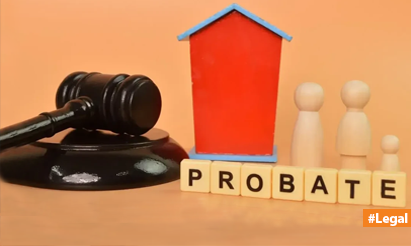Supreme Court’s Decision on Property Rights for Void Marriage Children!
Supreme Court: Children born out of a void or voidable marriage are entitled to a share in their parents’ property. The Supreme Court ruled on Friday that Hindu joint family property governed by Hindu Mitakshara Law is entitled to a share of the property of the parents.
According to LiveLaw, the ruling was delivered by a 3-judge bench headed by Chief Justice D Y Chandrachud. The judgment was a follow-up to a 2011 judgment of a 2-judge bench in which the Supreme Court held that children born from a void/voidable marriage were entitled to inherit the parents’ property, whether acquired or ancestral.
The 2011 judgment on the matter of the legitimacy of children born from invalid marriages in the context of the Hindu Marriage Act (Hindu Marriage Act 1955) states that the birth of such a child must be seen in isolation from the relationship between the parents. However, it further clarifies that Section 16 (3) of that law grants such children only the right to inherit the property of their parents, and not the right to any other coparcener shares.
The court further clarified that, in accordance with Section 6, coparceners’ interest in Hindu matrimonial property is defined as the share of that property which would have been attributed to them had the partition of that property taken place immediately prior to the death of the parent. The court further stated that a voidable marriage cannot be enforced in law, or is unlawful, and must be dissolved by a decree. Consequently, the court held that a child born in a relationship of invalidity is innocent and entitled to all the rights that are accorded to children born in a valid marriage.
Source: HT
Disclaimer: The views expressed above are for informational purposes only based on industry reports and related news stories. PropertyPistol does not guarantee the accuracy, completeness, or reliability of the information and shall not be held responsible for any action taken based on the published information.




